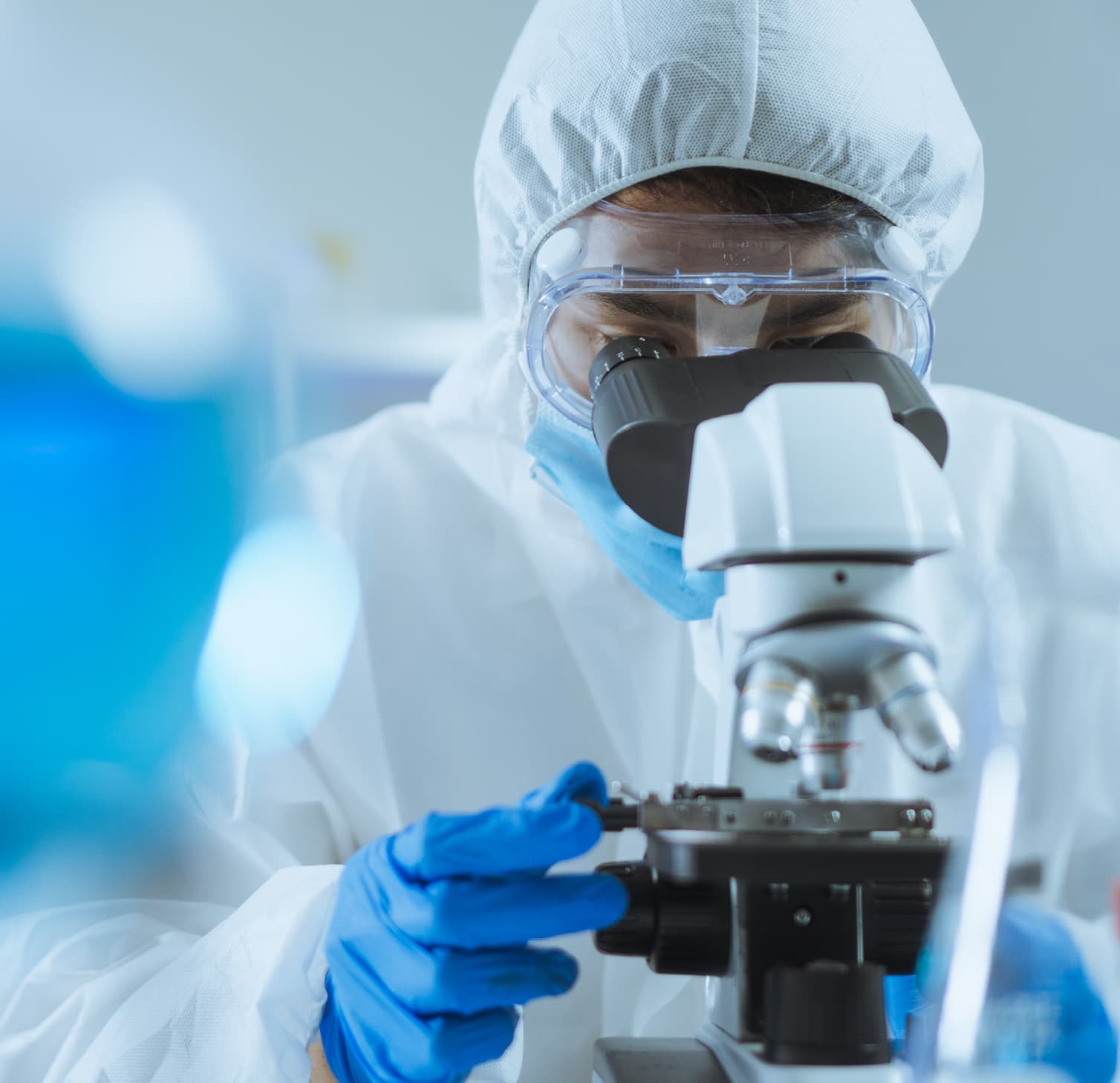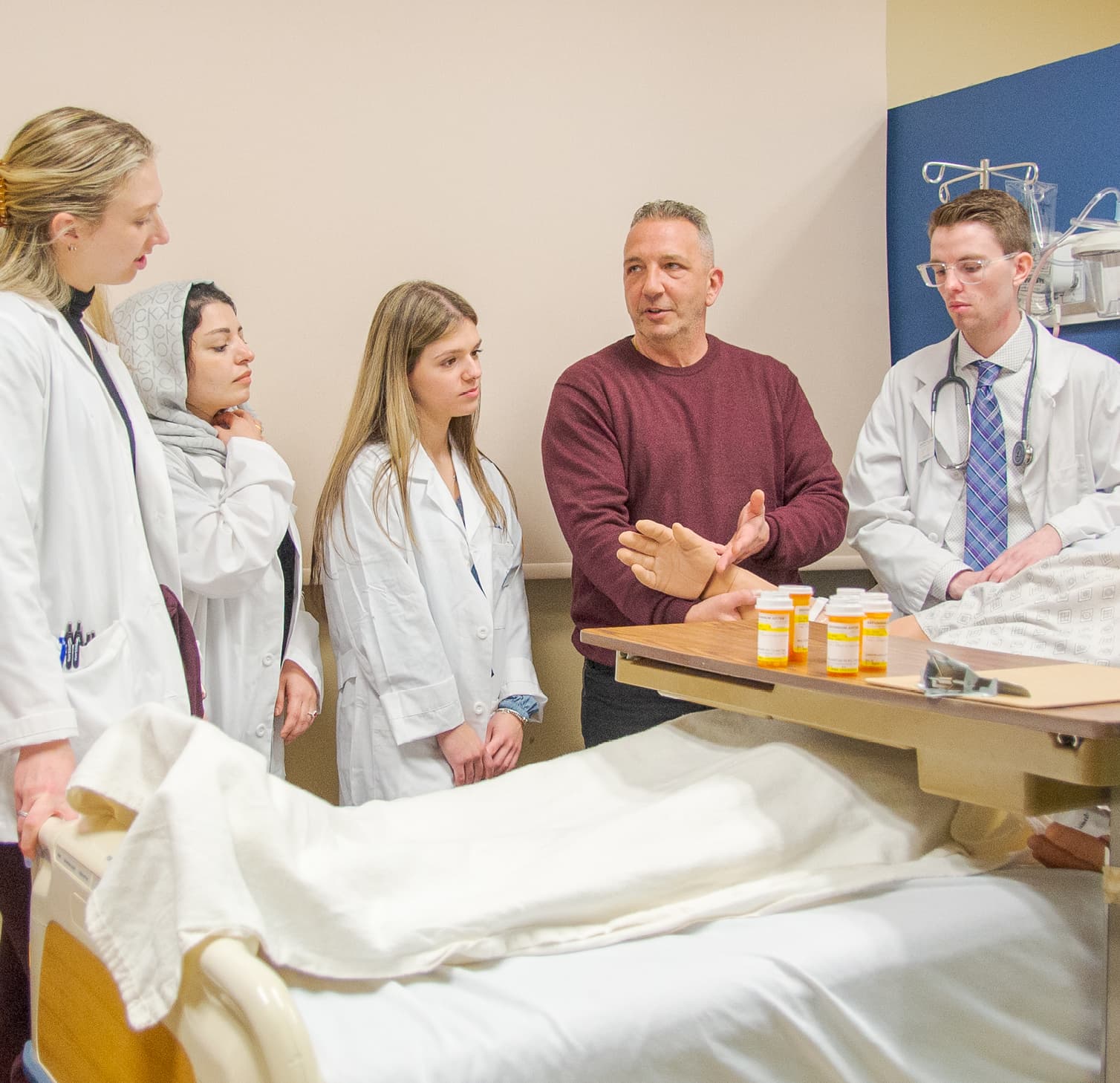Harnessing the Power of Precision Medicine
New for fall 2026! MSPGx-HP, our new online/hybrid pathway!
Pharmacogenomics is a fast-growing field that explores a patient’s DNA sequence to determine how they are most likely to respond to medications. Pharmacogenomics supports personalized or precision medicine, which connects a patient’s genetics, epigenetics, environment, and lifestyle to design a treatment plan that will best suit the patient. The goal of this modern approach to medication therapy is to optimize response and beneficial outcomes while limiting adverse effects and toxicities.
With a Master of Science in Pharmacogenomics degree from WNE, you will be ready to make the most of emerging opportunities from basic or industrial research to clinical implementation through a well-rounded program that aligns with your personal career goals.
Why Choose the Master of Science in Pharmacogenomics?
The design of the WNE Master of Science in Pharmacogenomics has purposely integrated all major aspects of this field, from basic genetics to clinical implementation. This results in the program including introductory and advanced medical genetics and pharmacogenomics, pharmacology and pathophysiology, genetic data analysis and laboratory techniques, healthcare outcomes and statistical analysis, research design and application, genetic counseling, and clinician/patient interactions at medical sites.
Having such broad experience will provide graduates with insight into how to study genetic variant effects on patient response, implement the advancing knowledge of pharmacogenomics into clinical practice through collaboration with clinicians and patients, and gain financial support for these services based on improved healthcare outcomes data.
Now with an in-person (MSPGx) and online hybrid pathway (MSPGx-HP), gaining expertise in pharmacogenomics can be done from anywhere in the US. The in-person program is optimal for students who prefer a traditional educational setting. The MSPGx-HP curriculum requires students to spend only a short immersive session following the fall semester and 6 weeks during the summer (the last semester of the curriculum) on campus, where they will apply the knowledge they have learned throughout the year in didactic courses to laboratory and clinical experiences. Check out our FAQ page to learn more!













